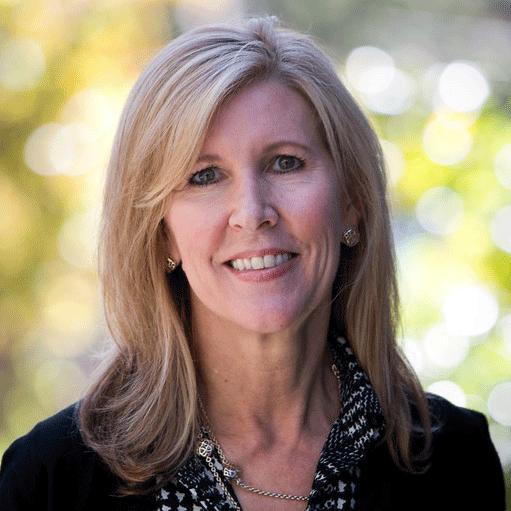
UC Berkeley and Imperial College London have won $5 million to create an international, interdisciplinary center aimed at advancing decentralization technology that offers users more control of their data, the Algorand Foundation announced today.
The Berkeley Center for Responsible Decentralized Intelligence-Imperial London College Algorand Center of Excellence will – through research, education and events – help democratize access to data and ensure that data remains secure. These tools can be applied to digital ledgers like the blockchain Algorand created for cryptocurrency.
“Decentralization technology facilitates the egalitarian exchange of data between people who don't trust each other,” said Natacha Crooks, a lead investigator for the award and an assistant professor in Berkeley’s Department of Electrical Engineering and Computer Sciences. “We have to build decentralized technology that is truly scalable, private and secure. Collaborating with Algorand gives us a chance to make this real [and to have] a higher impact.”
The development of blockchain technology and its initial underpinning of Bitcoin has unlocked a belief among companies from healthcare to defense that they can improve how they record and trade highly sensitive information. But it’s coincided with a new social landscape, one where data is power, and fears of data manipulation and government interference have grown.
Decentralization technology can help mitigate the risks of harnessing these kinds of networks, Crooks said. The Berkeley award is one of 10 by the foundation, which wants to grow the ecosystem of the carbon-negative Layer 1 blockchain known as Algorand.
“We’re delighted to see how many bright, talented people around the globe recognize the ability of blockchain technology to fundamentally change and better the world we live in,” Hugo Krawczyk, the foundation’s principal researcher and head of the Algorand Centres of Excellence Programme, said in the organization’s news release. “We’re very much looking forward to seeing the amazing work the grant recipients do in the coming months and years.”
This center adds to Berkeley’s blockchain-related body of work. Berkeley is one of the only schools to offer team-based, entrepreneurship-focused blockchain courses and has been named the top U.S. university for blockchain by a leading cryptocurrency news publication.
The team will include Berkeley Department of Electrical Engineering and Computer Science faculty members Crooks, Sanjam Garg, Dawn Song and Shafi Goldwasser, who is also the director of the Simons Institute for the Theory of Computing. Berkeley School of Law Assistant Professor Rebecca Wexler, Berkeley Haas School of Business Professor Christine Parlour, and Imperial College of London Department of Computing Lecturer Arthur Gervais are also members.
The center will be supported by Berkeley’s Center for Responsible Decentralized Intelligence (RDI), which launched a year ago. RDI is a multi-disciplinary campus-wide initiative aimed at advancing the science, technology and education of decentralization and empowering a responsible digital economy. RDI will collaborate with the Simons Institute for the Theory of Computing, which focuses on collaborative research in theoretical computer science.
The center’s work will contribute to a key RDI goal – to help make the next iteration of the web, Web3, broadly accessible to economies and people that haven’t been able to be served by a bank or have been left out of earlier web versions, said Jocelyn Weber Phipps, RDI’s deputy director. Web3 is made up of these currently developing technologies, like decentralized blockchain networks.

“Berkeley as a public university is here to serve the greater good,” said Weber. “Berkeley RDI is trying to apply that mission in this Web3 arena.”
Interdisciplinary collaboration central to new Algorand center
The new Algorand center will conduct scalability, privacy, responsible decentralized finance, and regulatory compliance research. The studies will be interdisciplinary, leaning on computer science, law and business experts, to ensure these issues are examined holistically, Crooks said.
“We hope that we can actually ensure that the technology that we develop remains coherent with the decades of rationale behind financial system design and law,” Crooks said. “And we hope we can have the mechanism, whether it's through the Algorand Foundation or through the context that we have at the law school and the business school, to advocate for change, if necessary.”
The center will also create freely accessible classes on these subjects and jointly plan summer programs for researchers from underrepresented backgrounds. This builds on the success of last year’s RDI-led massive open online course on decentralized finance that drew 300 Berkeley students and thousands more from around the globe, said Weber.
Additionally, the new Algorand center will help build community through running and funding annual hackathons and other events, including the annual Crypto Economics Security Conference to be hosted by RDI at Berkeley on Oct. 31 and Nov. 1. Weber expects about 1,000 individuals to attend the conference.
